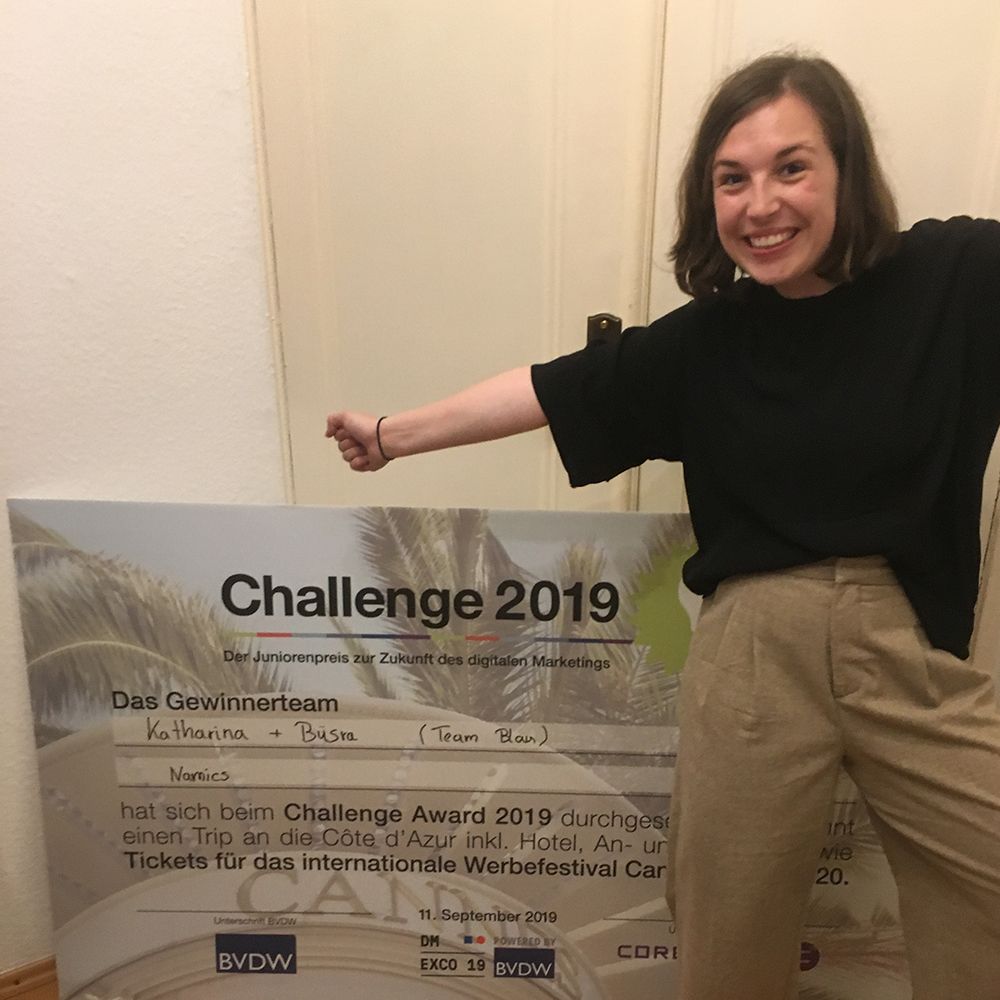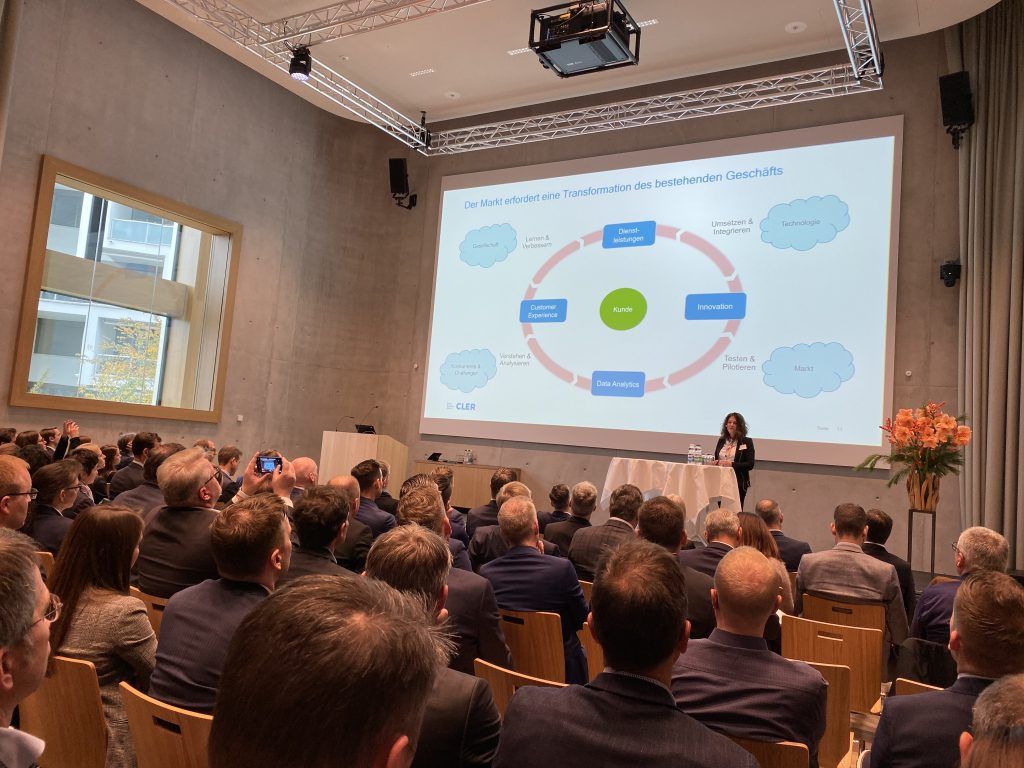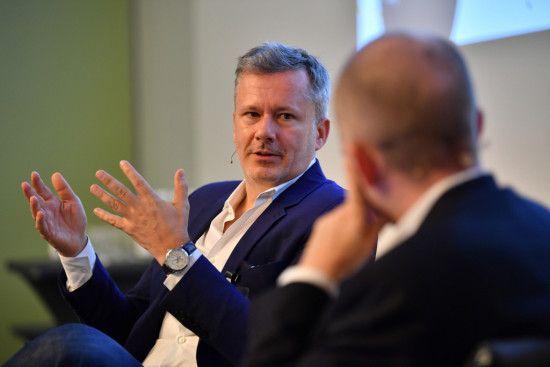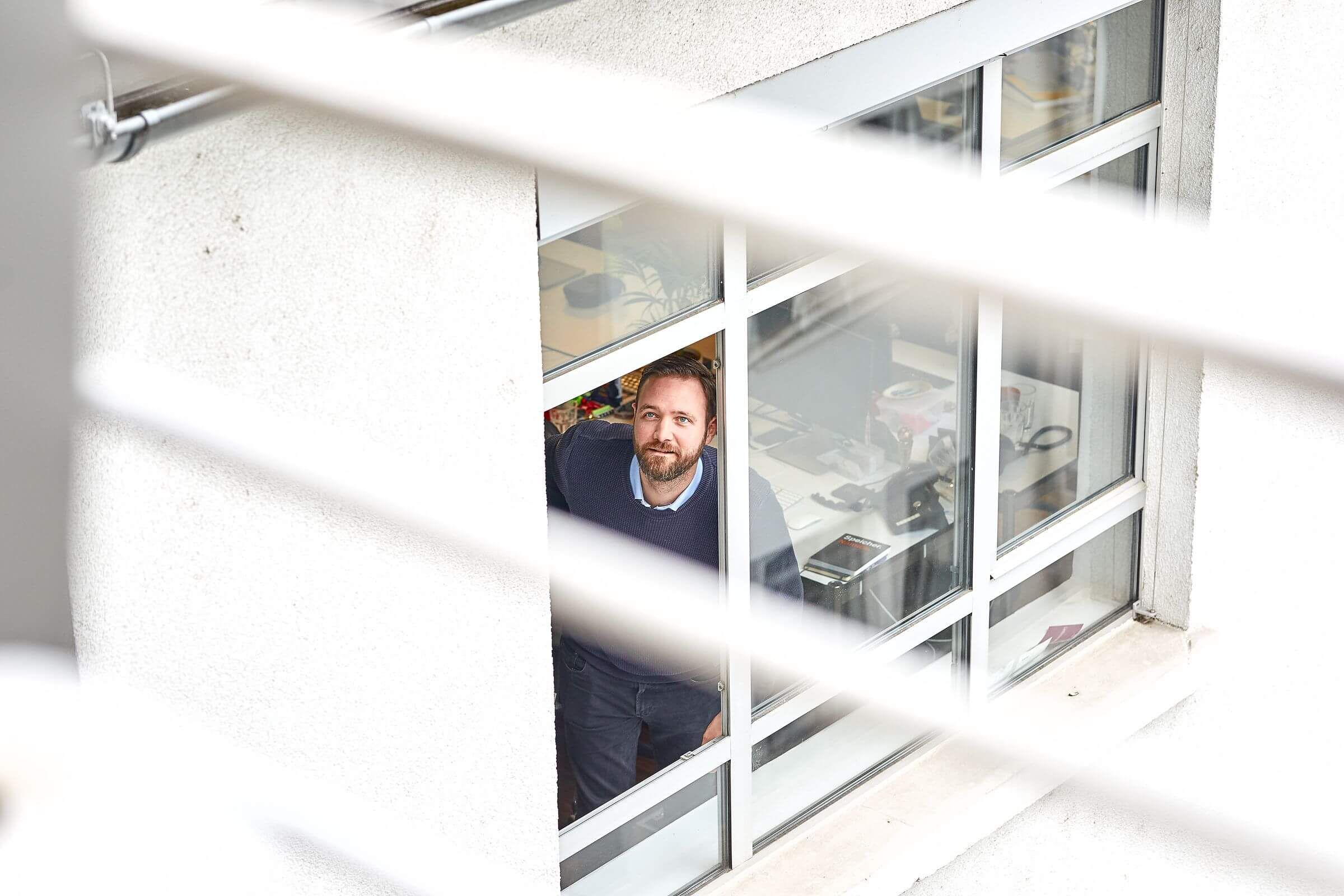Fighting world hunger with digital innovations
We show how to do it and who is already trying to do it. Digital innovations guaranteed
Let's look at a sector today that functions differently - but not so differently - than the free economy: non-profit. And specifically Welthungerhilfe. Numerous projects, start-ups and even established companies strive every day to do nothing less than stop hunger in the world.
Cooperation Google Launchpad and World Food Programme
Why am I telling you this? I've been a mentor for the Google Launchpad for several years, helping start-ups that want to develop new digital products and services.
The Google Launchpad is an accelerator program from Google. It works like this: Start-ups apply for the programme and then spend a week in an intensive mentoring programme on product, technology, UX and marketing. During this process, their idea is put through its paces, the product is newly developed or enhanced, and finally the appropriate marketing strategy is developed.
Google cooperates with the UN and specifically promotes start-ups in the World Food Programme. In other words, all these start-ups want to fight hunger in the world with their digital products or services.
Digitisation of Welthungerhilfe
But how does digitisation contribute to this? Digital innovation in this sector is often disruptive, which means they want to fundamentally change the industry.
A concrete example: small farmers in remote regions are often affected by famine. They cultivate a few fields, and then depend on a travelling trader to come by at harvest time to buy their grain or vegetables from them. If nobody comes, the survival of the whole family is in danger. Now aid organisations often try to locate the poorest of the poor - like exactly these farmers - to provide them with the most necessary food, but also medicine etc. More and more digital innovations are now supposed to improve the situation. For example, I worked with a start-up company that gives small farmers access to a digital marketplace via app. This enables farmers, traders and direct buyers (e.g. schools) to see how much grain is available where and when. Ebay for farmers in Africa.
These start-ups fight against world hunger
- "Maano - Virtual Farmers Market" is the name of the start-up just described. Manoo has created a virtual marketplace that has already given small farmers in Zambia access to the market in a first pilot test. With this, Manoo wants to solve the problem of the non-transparent market and the associated discrimination of small farmers.
- Another start-up that I was able to get to know is Famoco. Together with the World Food Programme, Famoco tracks the presence of students in different regions of Africa via mobile NFC technology. The tracking allows free meals to be distributed more equitably, as well as providing incentives and ensuring that children are actually attending school.
- EverID takes a different approach. EverID, now successfully integrated into Everest's product range, can biometrically identify people in need and store this sensitive data securely and cost-effectively using block chain technology. This is the basis for subsequent financial and medical assistance.
The ideas are numerous and diverse. It is interesting to note that start-ups are using similar trends and technologies that we also observe in the private sector, such as Big Data, Blockchain, Sharing Economy.
Learnings
There are some insights from this that we can certainly copy for conventional industries in the free economy:
- From Mobile First to Mobile Only! These start-ups would never even think of thinking about desktop solutions. Computers may be available in schools, but not on the farms of small farmers. But mobile phones do. We should get used to that.
- Usecases instead of buzzwords! In the western world, normal analytics products are often marketed as AI tools, theoretical blockchain lectures are held, etc. These start-ups use AI, blockchain, and many other technologies not because they are trendy, but simply because they solve a problem.
- Understand your customer! With App Launches in Southern Sudan, you quickly realize that you have no chance to successfully market your product if you don't understand the local habits, influences, and actual problems of your customers. To think that you know your customers anyway and do not have to involve them regularly and intensively in product development seems absurd.
All in all, it is not only exciting to see how digitization can be used to tackle the essential problems in a completely new way. These start-ups also provide valuable insights for the Western view of companies. I personally learn something new with every start-up.
You can find more information about the projects and support opportunities on the WFP Innovation Accelerator website.











